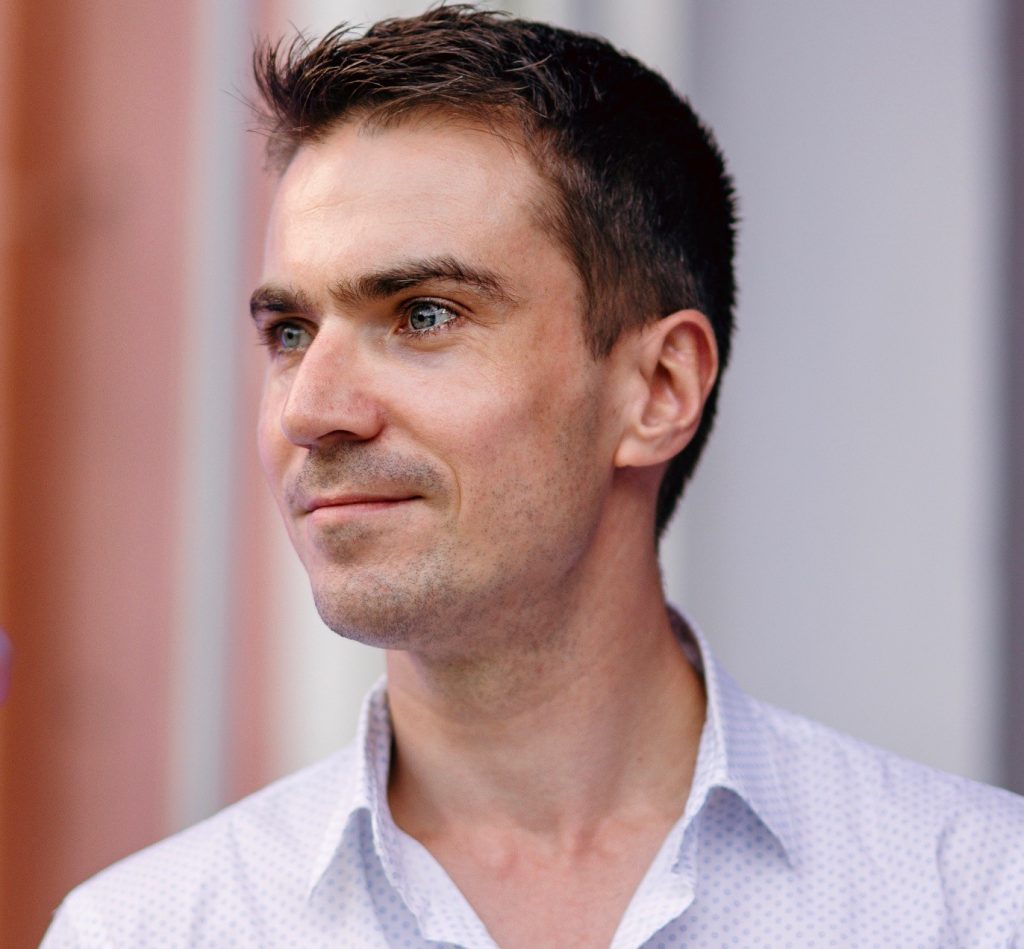
- 21 Jun 2022
Russia-Ukraine Conflict: In Search of Silver Linings in the Energy Transition
(This event is organised by MEI Political Economy research cluster.)
The war in Ukraine has forced Europe to re-examine its security strategy and energy dependence on Russian oil and gas. The EU is now pushing for an embargo on all Russian hydrocarbons – a previously unthinkable option. Whilst the energy industry has been rapidly shifting away from hydrocarbon investments, governments have been slow to promote low carbon alternatives, leaving a looming energy shortfall. But it is not just Europe, and energy, that will be affected.
Around the world, countries are bracing for the impact. Expectations of a post-Covid recovery have vanished – the IMF has predicted that global growth will halve from 2021’s 6.1 per cent. The war will add fuel to the inflation fire, and fears of a food crisis are looming. In Singapore, Prime Minister Lee Hsien Loong warned in his May Day address that a recession could hit within the next two years.
Geopolitically, too, countries will count the cost. The renewed alignment between the US and Europe to isolate Russia is forcing many countries follow suit. Nations such as Finland and Sweden are making plans to join NATO. While a majority of United Nations member states have backed a resolution condemning Russia’s invasion of Ukraine, many African and Asian states abstained or did not vote, not wishing to choose sides. Middle Eastern oil producers have resisted calls from the US to increase output. China, facing economic tailwinds of its own, is assessing how to avoid suffering Russia’s fate in future.
What will the various impacts of the war be? What is the outlook for Singapore and other countries in Asia? Will the climate emergency return to the headlines? What lenses should we put on to discern the main driving forces from the noise? Join us for this talk and question-and-answer session to find out.
This public talk will be conducted online via Zoom on Tuesday, 21 June 2022, from 11.00 am to 12.00 pm (SGT). All are welcome to participate. This event is free, however, registration is compulsory. Successful registrants will receive a confirmation email with the Zoom details closer to the date of the event.
Note: Mr Rose will be speaking in private capacity, and his views are his own.
Photo caption: A pump jack sits in the middle of a Canola Field on the banks of the Red Deer River valley. (Photo by David Thielen on Unsplash)
Listen to the full event here:
Watch the full event here:
Read the Summary of Event Proceedings:
By Simran Kaur
Intern, Middle East Institute, National University of Singapore
While the war in Ukraine has created energy dilemmas for Europe, its effects on Asia, particularly China, and even Singapore, are no less severe. For Beijing, in particular, the severe sanctions imposed on Russia will give it cause for pause, said Philippe Rose, an energy expert, at a public talk hosted by the Middle East Institute (MEI).
The talk by Mr Rose, who works for Shell but was speaking in a private capacity, was moderated by Dr Alessandro Arduino, MEI’s Principal Research Fellow. During his hour-long presentation, which included a question-and-answer segment, Mr Rose said that as China is deeply integrated into the world economy, the country is cautious about running afoul of sanctions, despite its so-called “partnership without limits” with Russia. China will also have taken note of the devastating effects of sanctions, and is “thinking about how to reduce its exposure in the scenario where someone was to do the same to them,” adding that “this is causing a lot of deep reflection.”
The Ukraine crisis has piled more pressure on China, as its “Covid-zero” policy takes a toll on the economy. Another factor which may have far-reaching impacts is Europe’s reassessment of its exposure to China in the wake of the latter’s lack of response to the invasion. This, said Mr Rose, may lead companies to reconsider their investments there, which may lead to a “reviewing [of] the global manufacturing model that China has enjoyed for the last 10 to 20 years”, impacting domestic growth. He added, however, that, given the value of Chinese markets to the global economy, this effect may be “transitory”.
On Singapore, Mr Rose said that although the war will impact its manufacturing competitiveness, and export and labour markets, there is a silver lining: The country is the largest commodity trading hub in Asia, and can reconfigure manufacturing and supply chains to its advantage. Singapore can also cement its status as a major crypto hub, where blockchain technology can be an investment in the future through “carbon markets and decentralised autonomous organisations”.
Mr Rose’s remarks about the impact on Asia came after he traced the global repercussions of the crisis, particularly on Europe. In the short-term, he envisioned that Europe will likely experience a painful transition away from Russian energy dependence. While European countries hope to eventually switch to renewable energy due to climate concerns, he explained that it is difficult to “dismantle a conventional energy system without having a new one in place.” Instead, many states are currently prioritising energy security and affordability, and looking at re-investing in coal and crude oil to fill energy demand. However, in the medium term, however, he was optimistic that Europe would have weaned itself off its dependency on Russia, by relying on better energy storage, regulation, and efficiency.
Despite this, it is likely that Russia will remain a key player in the energy market, Mr Rose said. In the face of US and EU-led sanctions, Russia’s export flows will not be stopped, merely redirected to Asia.
On the immediate outlook for oil prices, Mr Rose noted that Saudi Arabia had so far resisted calls from the White House to accelerate production and output. This is because the Kingdom believes that rising energy prices are a result of geopolitical risk, not a genuine shortage. He added that Riyadh will continue to have global leverage in the energy market.
During the Q&A session, one question that came up was what US President Joe Biden should do when he meets Saudi Crown Prince Mohammed bin Salman in July. His reply: Mr Biden should utilise the meeting to uncover “what kind of potential partner MBS can be” with regards to the energy crisis and further regional plans, notably in the context of Israel. “I think the message I would have,” Mr Rose said, “is to balance principle with pragmatism”.
Overall, Mr Rose said the Russian invasion of Ukraine has created an epic, generational crisis, which has forced him to assess some of his own core beliefs as an energy analyst. While he once perceived oil and gas as a sunset industry, he now realises that geopolitics will complicate the energy transition. The rules-based international order, meanwhile, will be supplanted whenever a country’s national interests deem it necessary, he added.
About the Speakers

Energy analyst and Shell executive
[Moderator] Dr Alessandro Arduino
Principal Research Fellow
Middle East Institute
National University of Singapore
Mr Philippe Rose has over 17 years’ experience in energy public-private partnerships in Asia, the Middle East and Africa, in conventional oil & gas and in renewables. His current focus within a large energy multinational is helping government, industry and society navigate energy transition through integrated urban solutions, both in China and Europe.
Earlier in his career, Mr Rose spent seven years seconded to joint ventures in Iraq and Saudi Arabia, with earlier stints in in Brunei, Nigeria, The Netherlands, and the UK. His area of interest is navigating volatility in environments where private investors face ambiguity by understanding political, macro-economic, political, and local dynamics. He holds an MA in International Affairs from the Fletcher School at Tufts University, USA, and a licentiate in Business and Economics from the University of St Gallen, Switzerland. Mr Rose will be speaking in private capacity, and his views are his own.

[Moderator] Dr Alessandro Arduino is the principal research fellow at the Middle East Institute (MEI), National University of Singapore. He is the Co-director of the Security & Crisis Management International Centre at the Shanghai Academy of Social Science (SASS) and an Associate at Lau China Institute, King’s College London.
His two decades of experience in China encompasses security analysis and crisis management. His main research interests include China, Central Asia and Middle East and North Africa relations, sovereign wealth funds, private military/security companies, and China’s security and foreign policy.
Dr Arduino is the author of several books and he has published papers and commentaries in various journals in Italian, English and Chinese. His most recent book is China’s Private Army: Protecting the New Silk Road (Palgrave, 2018). He has been appointed Knight of Order of the Star of Italy by the president of the Italian Republic.




